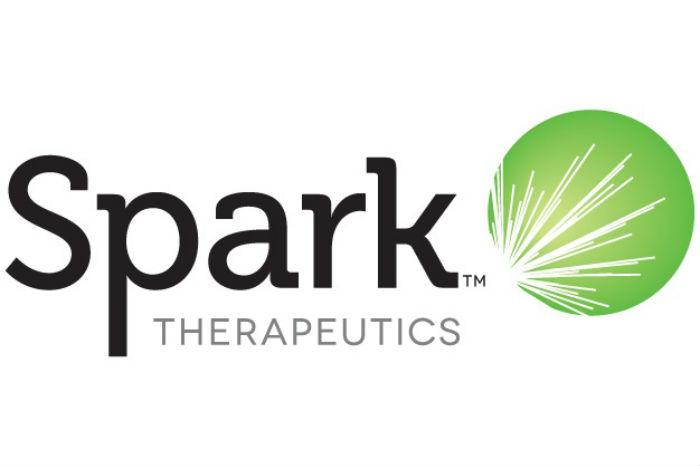FDA makes history, approving Spark's eye gene therapy

Christmas has come a few days early for Spark Therapeutics after the FDA approved its ground-breaking gene therapy for a rare eye disease.
It looked likely that the FDA would approve the US biotech’s Luxturna (voretigene neparvovec) after getting unanimous recommemdation from an expert committee in October.
But now the FDA has rubber-stamped the approval of Luxturna, the first ever gene therapy it has backed, all the attention is now on Spark, and what price it plans to charge for the therapy.
Some analysts think Spark could charge as much as $1 million for a single injection of Luxturna, used to treat Leber’s congenital amaurosis, where people have a mutated RPE65 gene.
There was no immediate comment from Spark on the approval, and the unanswered question over its price left those on Twitter to fill the gaps.
https://twitter.com/JaredSHopkins/status/943151055453413376
https://twitter.com/Jessicaemerrill/status/943151148244127744
FDA commissioner Scott Gottlieb said: “I believe gene therapy will become a mainstay in treating, and maybe curing, many of our most devastating and intractable illnesses.”
The enzyme RPE65 codes for is vital for normal vision and a faulty gene can lead to impaired vision or even complete blindness.
Luxturna is a single injection that works by delivering 150 billion viral vector particles containing a correct copy of the RP65 gene to retinal cells, restoring the patient’s ability to make the missing enzyme.
The safety and efficacy of Luxturna were established in a clinical development programme with a total of 41 patients between the ages of 4 and 44 years. All participants had confirmed biallelic RPE65 mutations.
The primary evidence of efficacy of Luxturna was based on a phase 3 study with 31 participants by measuring the change from baseline to one year in a subject’s ability to navigate an obstacle course at various light levels.
The group of patients that received Luxturna demonstrated significant improvements in their ability to complete the obstacle course at low light levels as compared to the control group.
The most common adverse reactions from treatment with Luxturna included eye redness, cataract, increased intraocular pressure and retinal tear.
One of the people who received the therapy in the trial revealed to pharmaphorum the dramatic difference the therapy has made to her life.
Trial patient calls for pricing restraint
Even though her vision is not fully restored, Allison Corona’s ability to perceive light and shade improved dramatically, along with her quality of life.
But Corona is also concerned about the price of the drug and how patients and the US health system would be able to afford it.

Allison Corona
She told pharmaphorum: "Although my vision is not completely cured, gene therapy has allowed me to live a much fuller life. For the first time I was able to see the night sky, I can read a menu at a restaurant, and I can see the details in my room. To someone who has all of their vision, these things may seem small but to me they are everything."
"I know that now the battle will begin of how to price this treatment and how to determine who qualifies; I was one of the lucky ones who was able to participate in the trial. All I have to say to investors is we are talking about a critical part of a person's life. Our eyes are super important for daily living and although this therapy is a treatment and not a cure, for us it is a miracle."
More in the pipeline
Luxturna’s approval could be the tip of the iceberg – the US Foundation Fighting Blindness estimates there are around 18 therapies in development for other inherited forms of blindness.
Florida’s Applied Genetic Technologies and UK-based Nightstar Therapeutics are among the companies developing potential gene therapies that could restore sight.
The Foundation Fighting Blindness’ chief research officer, Dr Stephen Rose told pharmaphorum a few weeks ago that Spark's success will only encourage more activity in this field.
“It gives assurance to biotech and pharma that this is a viable area to work in. It is a very significant milestone in the development of treatments," said Rose.












